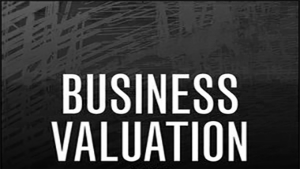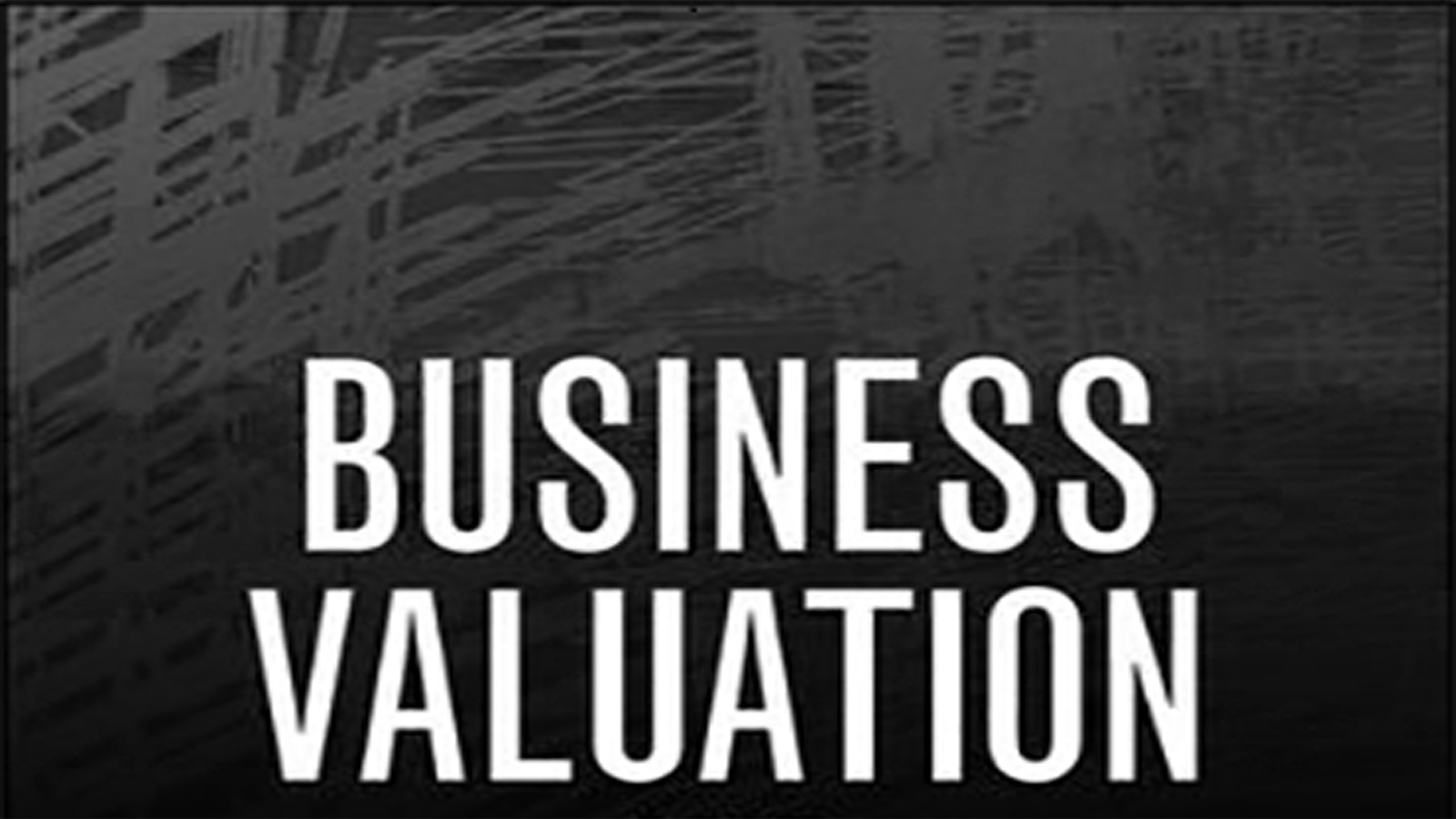
Business Valuation
What Is a Business Valuation?
A business valuation is a general process of determining the economic value of a whole business or company unit. Business valuation can be used to determine the fair value of a business for a variety of reasons, including sale value, establishing partner ownership, taxation, and even divorce proceedings. Owners will often turn to professional business evaluators for an objective estimate of the value of the business.
The Basics of Business Valuation:
The topic of business valuation is frequently discussed in corporate finance. Business valuation is typically conducted when a company is looking to sell all or a portion of its operations or looking to merge with or acquire another company. The valuation of a business is the process of determining the current worth of a business, using objective measures, and evaluating all aspects of the business.
A business valuation might include an analysis of the company’s management, its capital structure, its future earnings prospects or the market value of its assets. The tools used for valuation can vary among evaluators, businesses, and industries. Common approaches to business valuation include a review of financial statements, discounting cash flow models and similar company comparisons.
Valuation is also important for tax reporting. The Internal Revenue Service (IRS) requires that a business is valued based on its fair market value. Some tax-related events such as sale, purchase or gifting of shares of a company will be taxed depending on valuation.
There are numerous ways a company can be valued.
Methods of Valuation:
- Market Capitalization
Market capitalization is the simplest method of business valuation. It is calculated by multiplying the company’s share price by its total number of shares outstanding.
- Times Revenue Method
Under the times revenue business valuation method, a stream of revenues generated over a certain period of time is applied to a multiplier which depends on the industry and economic environment
- Earnings Multiplier
Instead of the times revenue method, the earnings multiplier may be used to get a more accurate picture of the real value of a company, since a company’s profits are a more reliable indicator of its financial success than sales revenue is. The earnings multiplier adjusts future profits against cash flow that could be invested at the current interest rate over the same period of time. In other words, it adjusts the current P/E ratio to account for current interest rates.
- Discounted Cash Flow (DCF) Method
The DCF method of business valuation is similar to the earnings multiplier. This method is based on projections of future cash flows, which are adjusted to get the current market value of the company. The main difference between the discounted cash flow method and the profit multiplier method is that it takes inflation into consideration to calculate the present value.
- Book Value
This is the value of shareholders’ equity of a business as shown on the balance sheet statement. The book value is derived by subtracting the total liabilities of a company from its total assets.
- Liquidation Value
Liquidation value is the net cash that a business will receive if its assets were liquidated and liabilities were paid off today.
This is by no means an exhaustive list of the business valuation methods in use today. Other methods include replacement value, breakup value, asset-based valuation and still many more.
Which Method to Use:
Different experts tout different methods, but in practice, it often depends on your individual situation. If there are no comparable business, if you pay for a professional appraisal, the appraiser will decide which method works best.




0 Comments